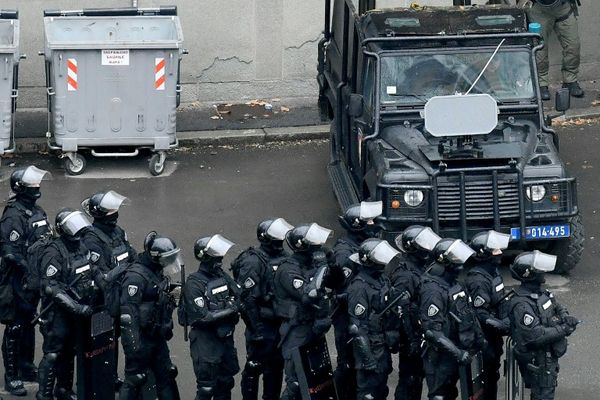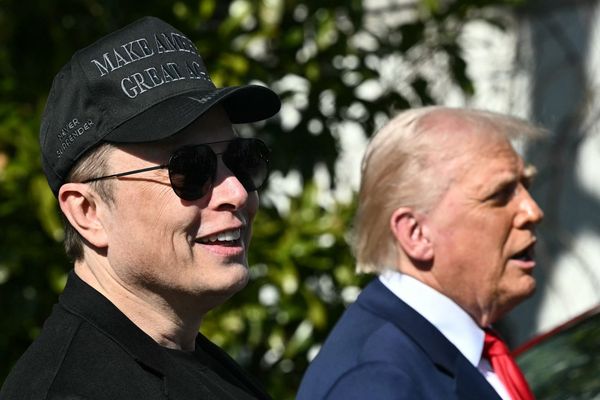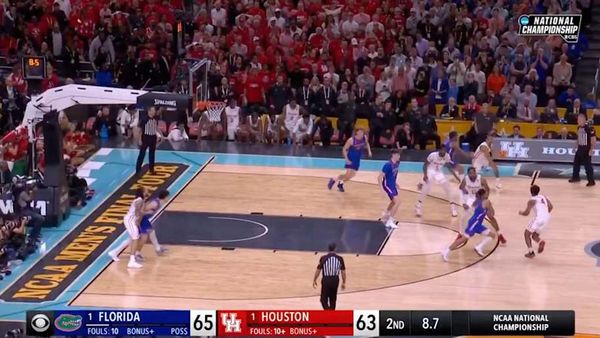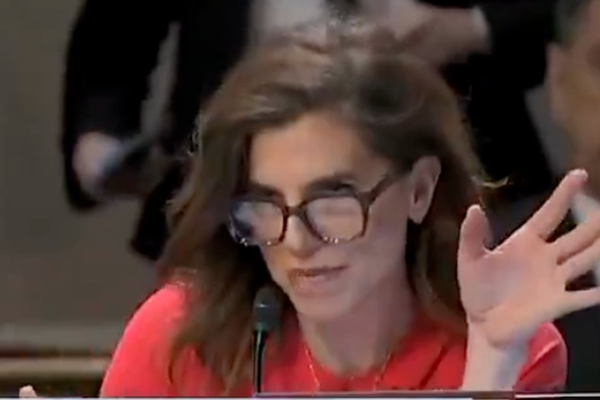Russian stocks have seen wild swings as the market reopened for limited trading after being shut down for a month, and the Australian market has risen to a two month high.
Stock trading was suspended in late February after President Vladimir Putin invaded Ukraine and the Russian market fell by more than one-third in a day.
The Moscow stock exchange resumed trading overnight for four hours in 33 Russian stocks including oil and gas giant Gazprom and Sberbank.
The MOEX Russian index soared more than 10 per cent.
It closed up 4.4 per cent to 2,579, with energy and mining stocks driving the gains.
Bloomberg reported the fortunes of Russian tycoons linked to the top 33 companies jumped $US2.7 billion.
But the Russian market is still down by nearly 30 per cent since the invasion of Ukraine.
Stocks have not traded since February 25, the day after the invasion.
Short selling on bonds is banned. And foreign investors will not be able to sell stocks or OFZ rouble bonds until April 1.
Oil firms Rosneft and Lukoil jumped, while aluminium firm Rusal and Norilsk Nickel also increased.
Airline Aeroflot fell 16.4 per cent.
The Moscow Exchange will restart limited trading in more stocks, bonds and Eurobonds tonight, but trading in Russian companies on the London Stock Exchange remains suspended.
The White House said the reopening of the market was a "charade".
"This is not a real market and not a sustainable model — which only underscored Russia's isolation from the global financial system," deputy White House national security adviser Daleep Singh said.
The reaction to the invasion sent the Russian rouble tumbling and saw sanctions imposed by Western countries and companies.
The rouble rose 6.2 per cent to 94.75 against the greenback overnight.
It has fallen by 20 per cent this year.
Russia to sell gas in roubles
German chancellor Olaf Scholz, Italian premier Mario Draghi and other European Union leaders told Russia to honour payments for gas exports stated in the contract, usually US dollars or euros.
Mr Putin yesterday said "unfriendly" countries would have to pay gas contracts in roubles.Gas prices jumped after Mr Putin ordered the Russian central bank to prepare measures to force some buyers to make rouble payments for natural gas within a week.
The EU is planning measures to wean itself off Russian energy.
Russia supplies about 40 per cent of Europe's gas and 60 per cent of its oil.
Latvia's prime minister said energy sanctions were a serious option that the EU should consider.
But Belgium's Prime Minister said oil and gas sanctions on Russia would have a "devastating impact on the European economy and I don't think it's necessary."
Mr Scholz said ending dependence on Russian oil, coal and gas "from one day to the next would mean plunging our country and all of Europe into recession."
European gas prices fell as the US promised to supply more LNG to the EU.
Brent crude fell 3 per cent overnight to $US117.89 as investors faced the prospect of higher trading costs on major exchanges, according to ANZ, with traders required to deposit more collateral.
Spot gold rose nearly 1 per cent to $US1,961 an ounce.
Iron ore prices increased nearly 2 per cent to $US150.75 a tonne.
ASX gains on Wall Street bounce
The Australian market lifted for the fourth day in a row to a two-month high, thanks to higher iron ore prices and a bounce back on Wall Street.
While coming off its lunchtime peak, the All Ordinaries index increased by 0.3 per cent to 7,690, and the ASX 200 put on 0.26 per cent to 7,406.
Mining stocks led the increases on the market, with utilities, real estate stocks, and oil stocks among the seven out of 11 sectors that rose.
The big miners gained but the big banks dropped.
Tech, healthcare and financial firms were weaker.
The best performers on the benchmark index were BlueScope Steel (+5.1pc), brick maker Brickworks (+4.8pc) and Flight Centre (+3.8pc) after pre-travel COVID-19 tests for international arrivals were scrapped.
The laggards were biotech Imugene (-5.2pc), battery materials firm Novonix (-4.5pc) and online bookmaker Pointsbet (-3.3pc).
Virtus Health (-0.25pc) said its purchaser, CapVest Partners, received approval from the Foreign Investment Review Board for its takeover.
Dollar surges
The Australian dollar bought 75.12 US cents at 4:20pm AEDT, after rising to a nearly five-month high of 75.28.
It is being driven by higher commodity prices and expectations of a local interest rate rise by the Reserve Bank.
It rose to a six-year high against the weaker Japanese yen of 92.01, but was buying 91.32 at 4:20pm AEDT.
COVID hits Premier
Retailer Premier Investments said Delta lockdowns in Sydney and Melbourne hurt its profit for the first half of the financial year.
The owner of fashion chain Peter Alexander and children's stationery firm Smiggle saw net profit fell by 13 per cent to $163 million in the 26 weeks to January 29 as revenue slipped.
Chairman Solomon Lew said the first half of fiscal 2022 was one of the most challenging and unpredictable halves of the pandemic.
Despite that, the firm saw record online sales over the half.
Its shares rose early on as investors received a record 46 cents a share interim dividend.
Premier's shares closed the day down 1.6 per cent.
AGL battery deal
Energy firm AGL announced it would invest $41 million with the Australian Renewable Energy Agency in its battery project in Broken Hill in outback New South Wales.
The 50 megawatt Broken Hill battery is part of AGL's planned 850 megawatt grid-scale battery network under development.
AGL is receiving nearly $15 million from the government agency.
Its shares rose 1.3 per cent.
Origin and the oligarch
Origin Energy said it was awaiting advice from the Department of Foreign Affairs and Trade regarding Russian oligarch Viktor Vekselberg, who is on Australia's sanctions list.
A company controlled by Mr Vekselberg has a 16 per cent stake in Falcon Oil & Gas, Origin's joint venture partner in the Beetaloo Basin in the Northern Territory.
Origin executive Tim O'Grady told a parliamentary committee that the company believed it had done the right thing and would happily comply with any DFAT directives in full.
Falcon said this week that Mr Vekselberg's stake had been quarantined since US sanctions were imposed in 2018.
Origin shares rose 1.4 per cent.
US stocks rally
Wall Street jumped on good economic data and as investors bought the dip.
The Dow Jones index put on 1 per cent to 34,708, the S&P 500 rose 1.4 per cent to 4,520, and the Nasdaq gained 1.9 per cent to 14,192.
Technology stocks like Nvida and Intel boosted the market.
The greenback rose for the fourth time in the past five sessions as economic data continued expectations that the US central bank would raise interest rates rapidly this year to curb inflation.
Initial jobless claims fell to 187,000 last week, seasonally adjusted, the lowest since September 1969.
Meanwhile, durable goods orders fell last month as shipments slowed.
Bitcoin rose 3.5 per cent to $43,859.
In Europe, the FTSE 100 index rose 0.1 per cent to 7,467, the DAX fell 0.07 per cent to 14,274, and the CAC 40 fell 0.4 per cent to 6,556.
ABC/Reuters







